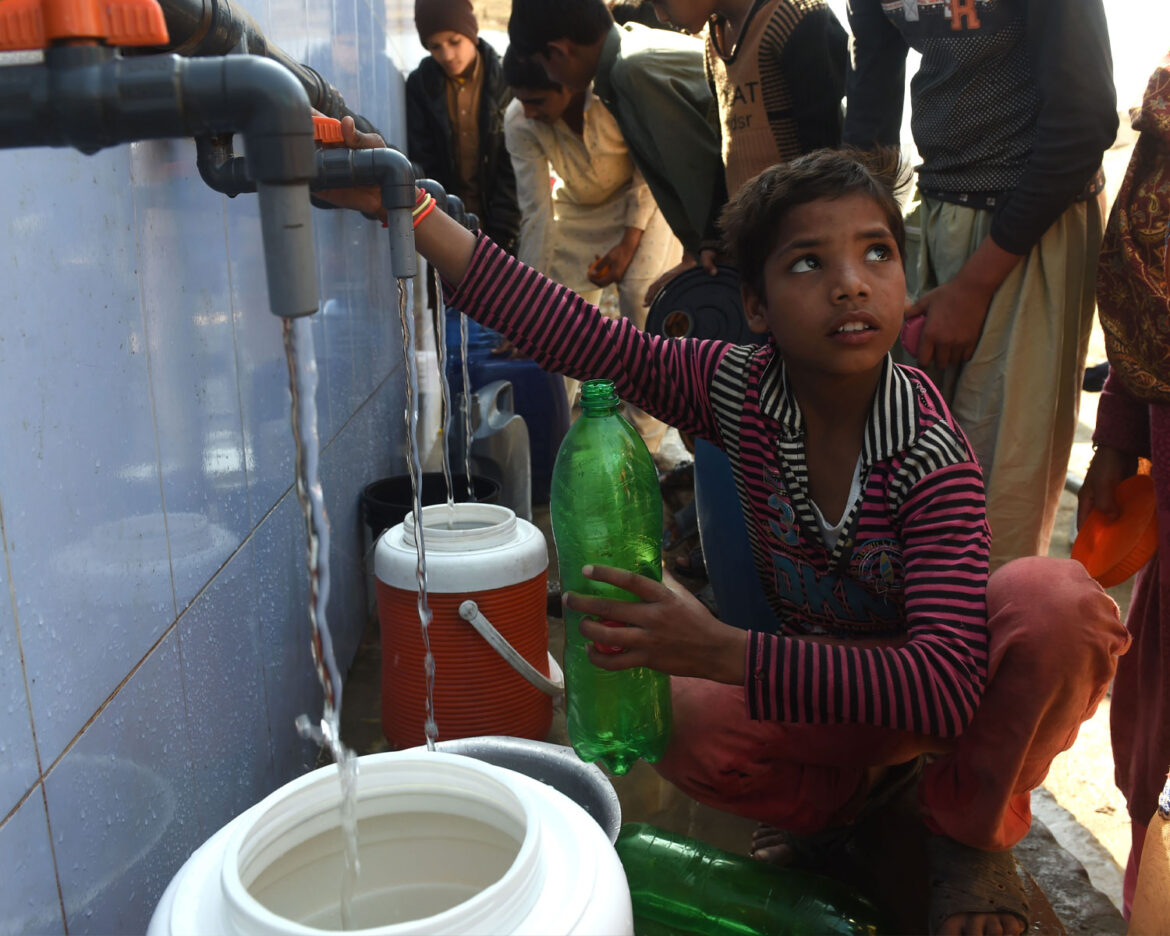A recent government report has unveiled that 61% of the drinking water across 29 Pakistani cities is contaminated, posing severe health risks to millions of residents. The alarming findings were presented by the Ministry of Water Resources in the National Assembly.
Major urban centers such as Karachi and Multan are among those most affected, with Karachi’s water supply showing a staggering 93% contamination rate. Multan’s water is similarly troubling, with 94% found to be unsafe, while 92% of Badin’s water also failed to meet safety standards.
The report highlights that certain cities, including Gilgit, Mirpur Khas, and Shaheed Benazirabad, have been identified with 100% of their drinking water deemed unsafe for consumption. Other cities with high contamination levels include Bahawalpur at 76%, Sargodha at 83%, Faisalabad at 59%, and Sheikhupura at 60%. Quetta and Loralai both reported 59% contamination rates, Hyderabad 80%, Sukkur 67%, and Muzaffarabad 70%.
The study, conducted by the Pakistan Council of Research in Water Resources (PCRWR), emphasizes the critical need for improved water quality management. The PCRWR regularly provides water quality data to provincial governments, yet the responsibility for ensuring clean drinking water falls under provincial authorities following the 18th Constitutional Amendment.
This report underscores the growing environmental and public health challenges facing Pakistan and raises significant concerns over the safety of drinking water for its citizens.



